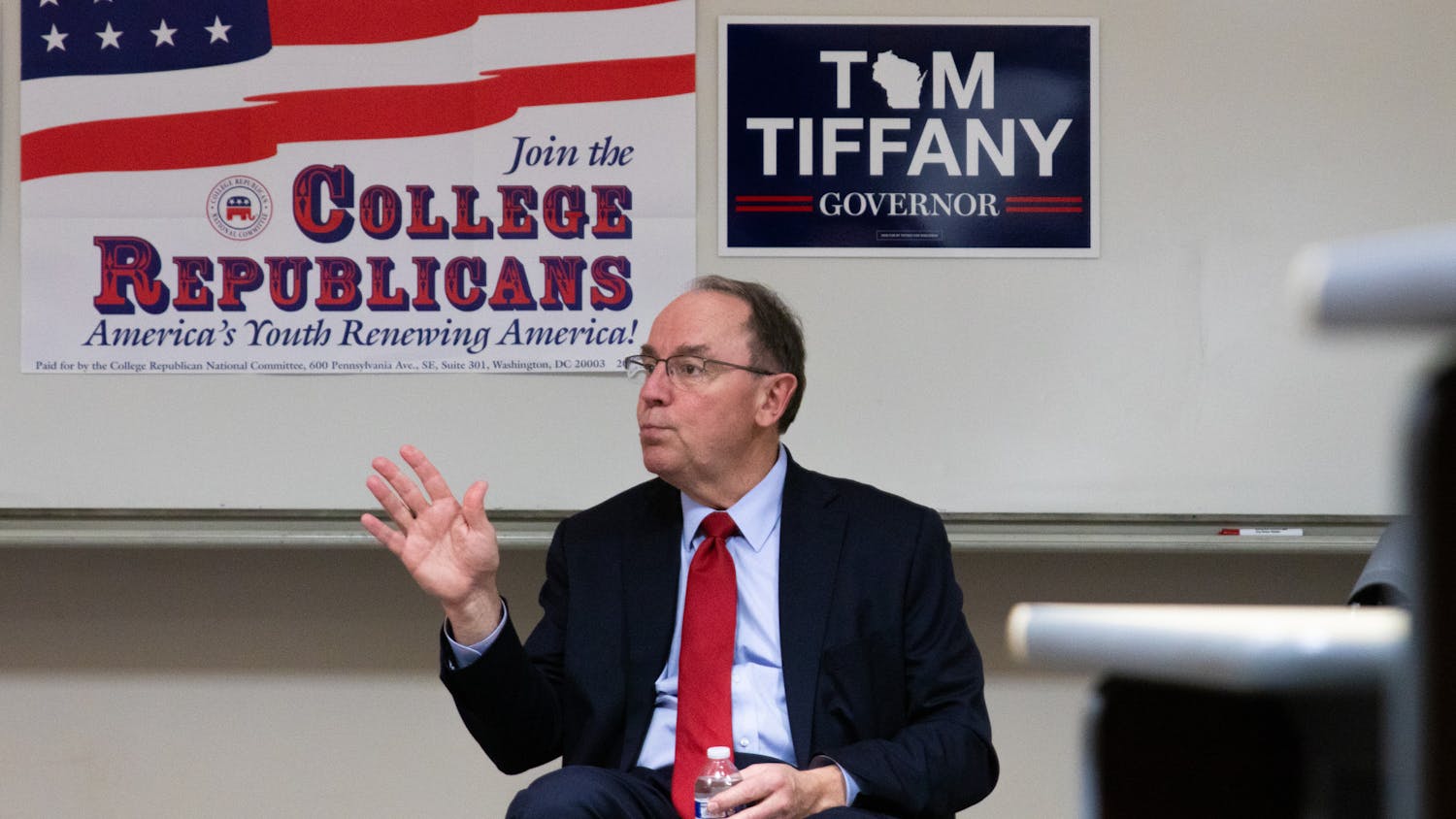The latest U.S. Court of Appeals for the 7th Circuit ruling, which held up the university's student organization funding model, reaffirms what has become increasingly obvious over the last six years: That the university's seg-fee system, while controversial, is indeed Constitutional.
That said, this ruling is by no means the unquestionable victory that Associated Students of Madison representatives taut it to be. In addition to upholding the current system, the court also determined that several criteria used to determine funding eligibility, such as the amount of time a group has existed or the amount of funding it has received, is inconsistent with the concept of viewpoint neutrality.
ASM representatives have downplayed the court's criticisms and instead explain how the decision actually reinforces the organization and democracy of their current system. It is this self-congratulatory attitude that puts ASM out of touch with the students. Representatives should spend less time making this ruling into a PR victory and instead focus on insuring that the court's demands are taken seriously and that the system remains Constitutional.
The centerpiece of a second decision yesterday also revolved around viewpoint neutrality when the ASM Student Judiciary Committee announced another round of eligibility hearings for MEChA. MEChA, whose eligibility for student funds was denied in a narrow vote by Student Services Finance Committee, won an appeal that their eligibility had not been considered in a viewpoint-neutral fashion.
As a result, two SSFC members received reprimands and another was removed from the body entirely, which will provide an interesting shift in the balance of powers on the seg-fee delegating committee.
We welcome MEChA's reconsideration. We whole-heartedly support the concept of fiscal responsibility with student money and support SSFC members who share this concern. The decision that disqualified MEChA from consideration, however, appeared to have less to do with fiscal responsibility and more to do with the organization's message and the role of the organization's message in its denial of funding.





